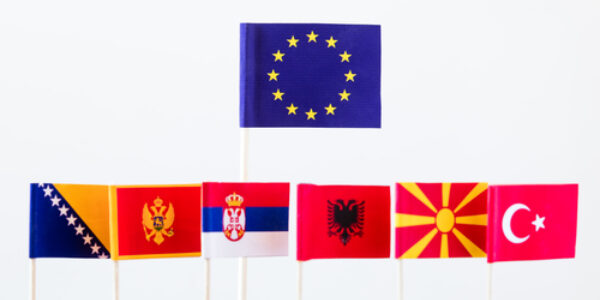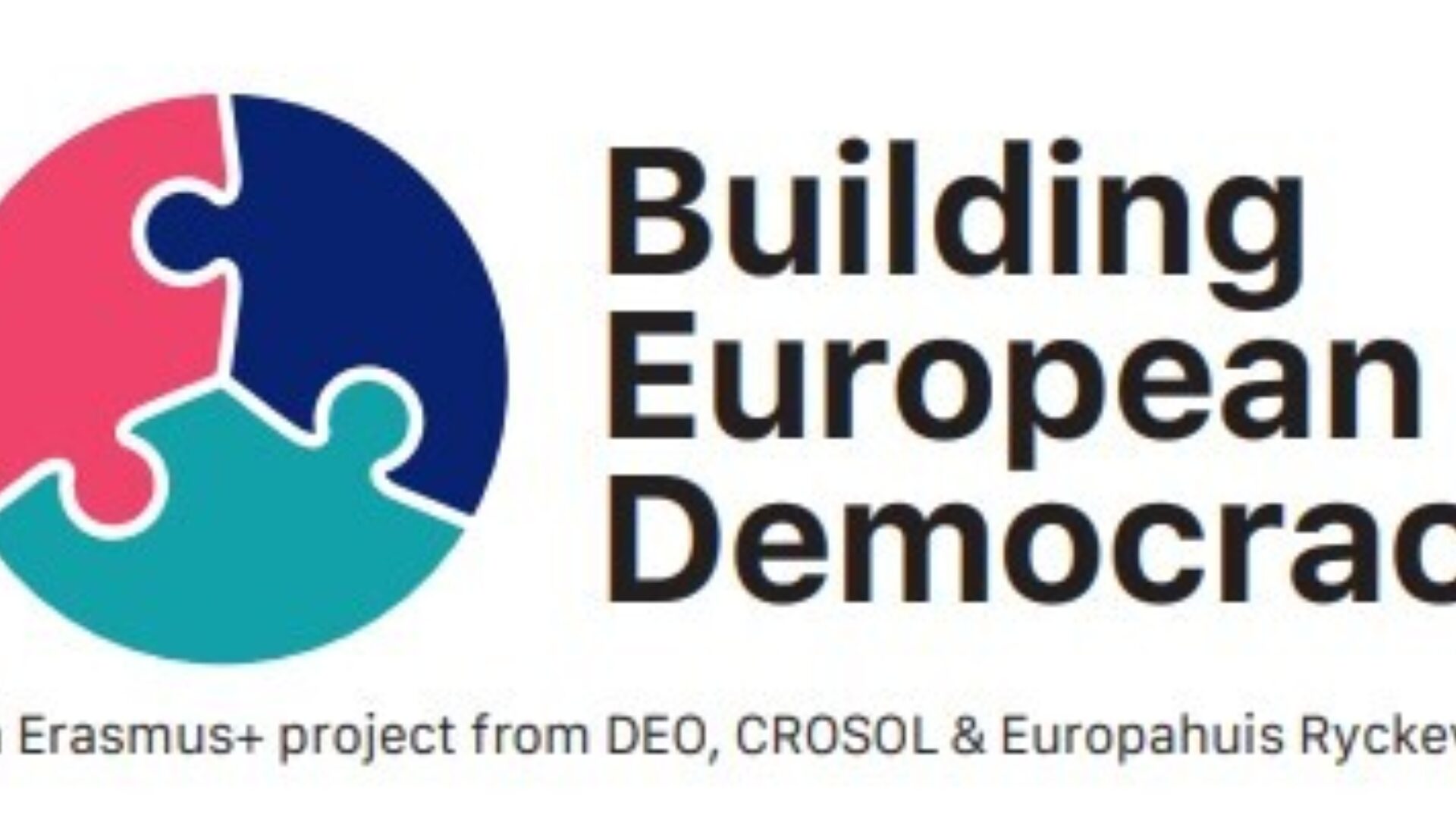Online debate on EU-enlargement
Is history really calling for enlargement of the EU?

Enlargement is one of the hottest topics in the EU right now. But are the potentially new member states ready for admission, and even more interesting, is the EU itself ready for the political and institutional changes regarding to such a process? Join the debate on EU’s enlargement policy and its possible consequences, discussing pros and cons with politicians from three European countries.
Answering the call of history. That was the headline, when president of the European Commission, Ursula von der Leyen, in September 2023 gave her last State of the Union speech for the time being. “It is time for Europe to once again think big and write our own destiny!” she said after the proclamation: “And history is now calling us to work on completing our Union.”
The enlargement of the EU against a union consisting of 30+ countries is not a radical idea of von der Leyen, but follows up similar statements from a vast number of Europe’s leading political figures. Since Russia’s invasion of Ukraine in 2022, a new comprehensive enlargement of the Union has once again become a main topic in the conversation of European future. The ambitious idea seems increasingly to be spreading throughout the Union, gathering the majority of the member states in a common understanding of the geopolitical landscape and the consequences necessary to be drawn from it.
With Ukraine and Moldova receiving candidate status in 2022 as well as Georgia in 2023, much already indicates that the direction is clear, and that the EU wants to move fast.
But what is the great vision behind this development against enlargement and what will be the consequences? What does it mean for the institution of the EU, when the so-called Copenhagen Criteria for admission to the Union is apparently threatened by the impulse of present history? Does a comprehensive enlargement necessarily point towards a stronger Union, or could it lead to the opposite?
The debate is online and is a part of a three-year international project under Erasmus+ between Democracy in Europe Organisation (DEO) from Denmark, CROSOL from Croatia and Europahuis Ryckevelde from Belgium.
